Research
The Human Brain Disease Modelling Group develops advanced human-based models to uncover mechanisms of neurological disorders and translate them into actionable therapies. Using patient-derived cells in 2D and 3D systems such as organoids and microfluidic brain-on-chip platforms, we replicate disease-specific pathology and drug transport in the human brain. Our integrated approach combines single-cell and spatial transcriptomics, proteomics, electrophysiology, and advanced imaging to identify therapeutic targets, stratify disease subtypes, and support early diagnosis, ultimately paving the way for precision treatments.


News
Doctoral defence of FM Tuuli-Maria Sonninen
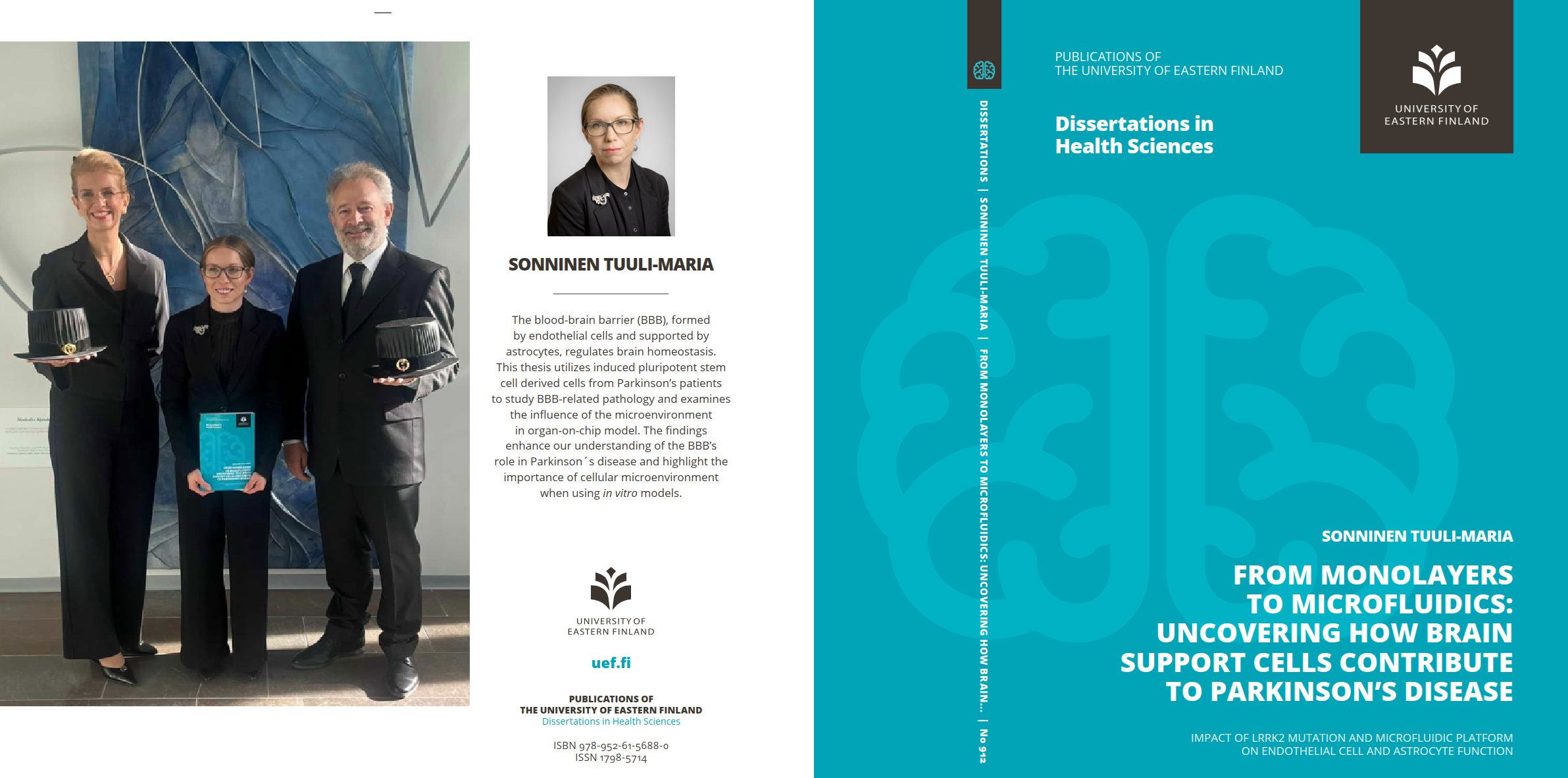
Our researcher Tuuli Sonninen defended her thesis on 26.9.2025 with opponent Winfried Neuhaus and custos Šárka Lehtonen. They had a stimulating scientific discussion followed by a lovely dinner in the evening. Tuuli Sonninen (now Dr. Sonninen) defended her thesis with distinction.
16.9.2025 UEF
Muovihiukkasia voi päätyä myös aivoihin, paljastaa uusi tutkimus
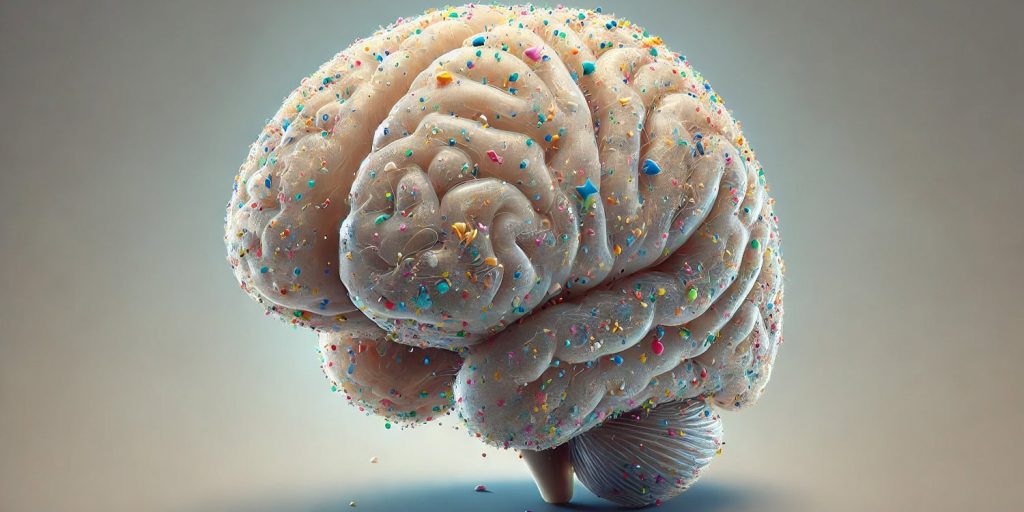
Hyvin pienten muovihiukkasten on havaittu kertyvän ihmisen elimistöön, verenkiertoon, keuhkoihin, istukkaan ja rintamaitoon. Tuore tutkimus osoittaa, että niin sanotut nanomuovit voivat läpäistä jopa aivojen veri-aivoesteen.
17.9.2024 Helsingin Sanomat
Pioneering study reveals nanoplastics have potential to cross blood-brain barrier
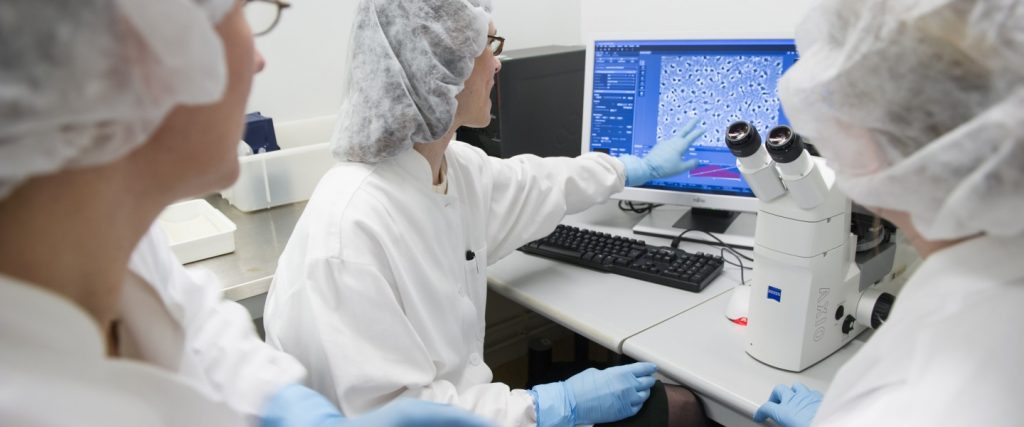
A new study published in Nano Today reveals that nanoplastics, which are tiny plastic particles less than one micrometer in size, may cross the blood-brain barrier (BBB) cells. The research marks a significant advancement in understanding how nanoplastics might transfer in human blood and interact with biological systems.
4.9.2024 Health and well-being
Introducing postdoctoral researcher Katrina Räty

Ph.D. (pharmacology) Katrina Räty is working in the Human Brain Disease Modelling Research Group (Lehtonen Lab) at the A.I. Virtanen Institute at the University of Eastern Finland. The research group focuses on revealing the cellular and molecular mechanisms of neurological diseases, especially Parkinson’s disease.
7.6.2022 KUOPIO BRAIN & MIND
YUFE Postdoctoral Programme’s appeal lies in career mentoring and collaboration possibilities
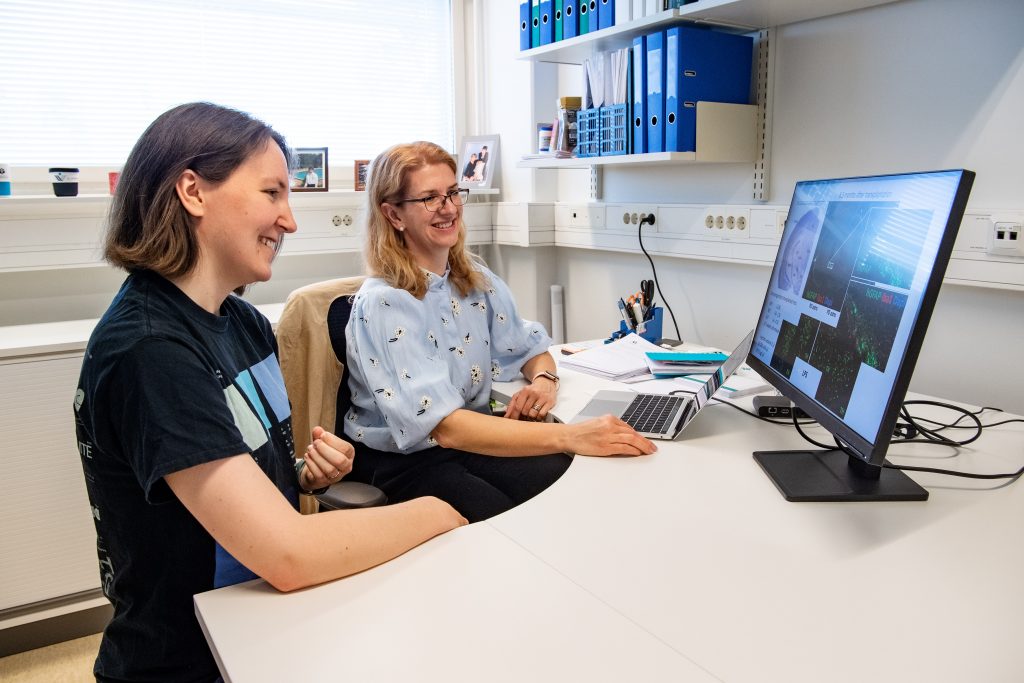
Katrina Räty, PhD, originally from Canada, returned to Finland to continue her career as a researcher, now with a grant from the YUFE Postdoctoral Programme. It happened by coincidence, as she learned about the YUFE postdoc position from a PhD student whom she is co-supervising. The criteria for the position were clear and straightforward, and she also got detailed feedback on the scientific part of her application from external reviewers.
1.6.2022 EDUCATION AND LEARNING ENVIRONMENTS
Sigrid Jusélius Foundation grant boosts brain disease modelling
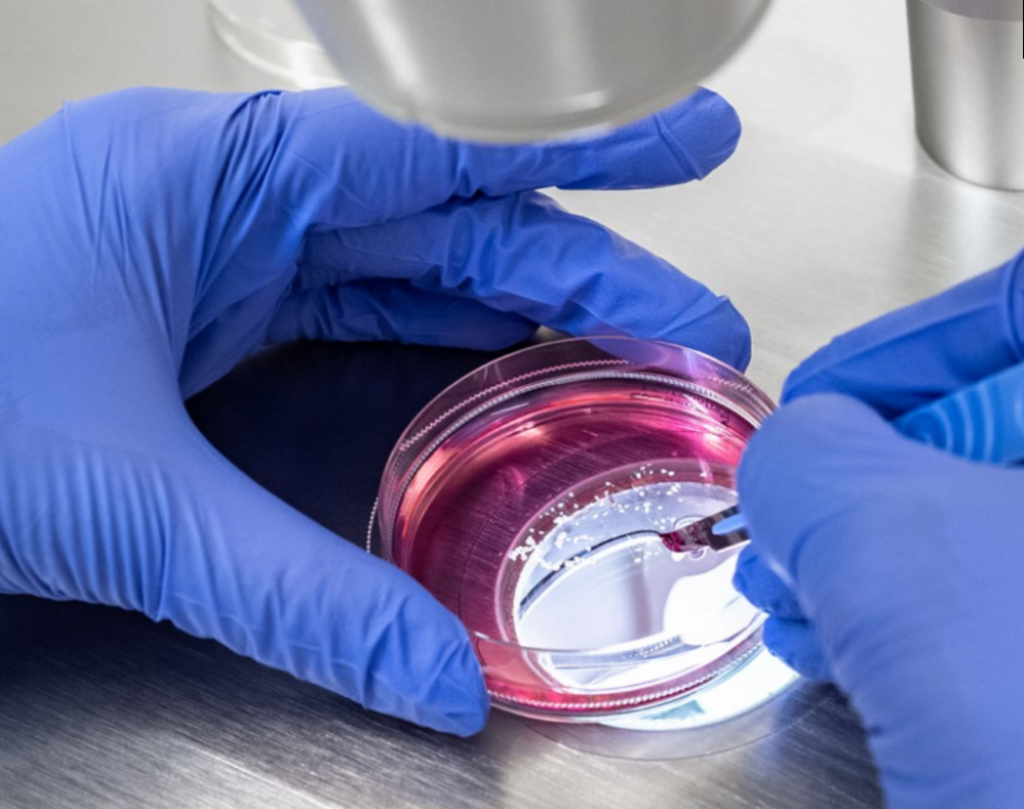
Sigrid Jusélius Foundation has granted a senior researcher post to Docent Šárka Lehtonen from the University of Eastern Finland. Her lab develops novel human-based models to study the mechanisms of Parkinson’s disease and other neurological diseases.
20.1.2021 HEALTH AND WELL-BEING
Päivikki ja Sakari Sohlbergin säätiöltä apurahoja lasten, nuorten ja vanhusten hyvinvointia edistävään tutkimukseen
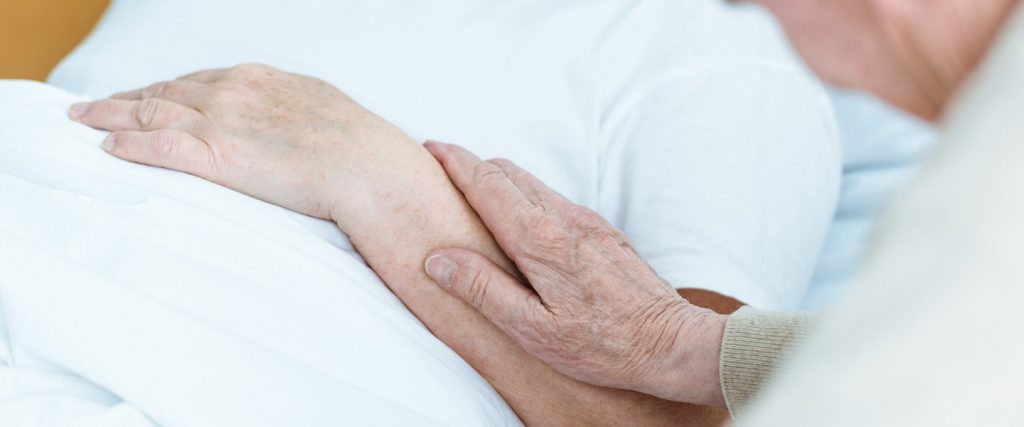
Syksyn apurahahaun kautta myönnettiin rahoitusta 129 tutkimukselle ja ratkaisulle, jotka rakentavat lasten, nuorten ja vanhusten hyvinvointia sekä ennaltaehkäisevät tai ratkaisevat ongelmia. Apurahoina jaettiin yhteensä 2,3 miljoonaa euroa. Itä-Suomen yliopistossa apurahoja saivat mm. FaT Šárka Lehtonen, Metabolic profiling of human microglia from LRRK2 Parkinson’s disease patients, 15 000 eur ja FM Tuuli-Maria Sonninen, Human cell-based model for blood-brain barrier, 15 000 eur.
14.1.2021 HEALTH AND WELL-BEING
Projects on Parkinson’s disease and novel antibiotics secure significant funding
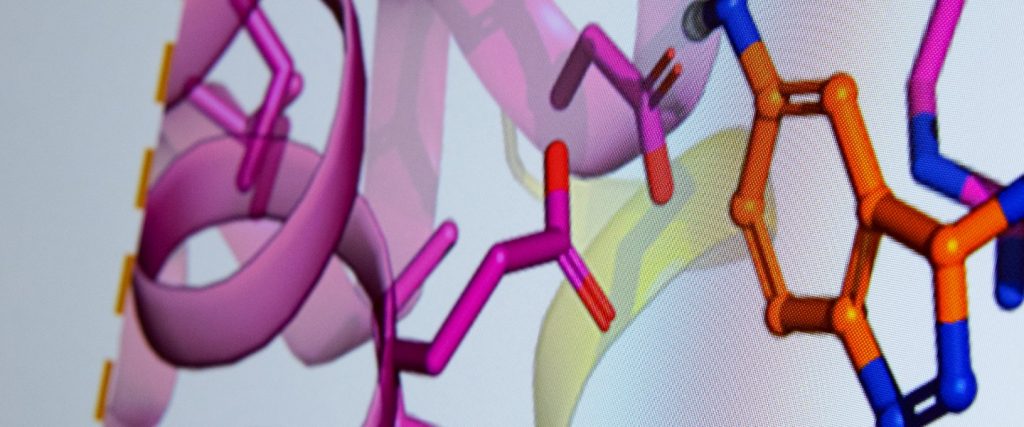
Jane and Aatos Erkko Foundation has granted significant funding to two research projects at the University of Eastern Finland. Docent Šárka Lehtonen investigates the role of brain astrocytes and microglia in Parkinson’s disease.
5.10.2020 HEALTH AND WELL-BEING
Brain astrocytes show metabolic alterations in Parkinson’s disease

A new study using induced pluripotent stem cell (iPSC) technology links astrocyte dysfunction to Parkinson’s disease (PD) pathology. The study carried out at the University of Eastern Finland and published in Scientific Reports highlights the role of brain astrocyte cells in PD pathology and the potential of iPSC-derived cells in disease modelling and drug discovery.
7.9.2020 HEALTH AND WELL-BEING
The neurobiological mechanisms behind schizophrenia may be sex-specific
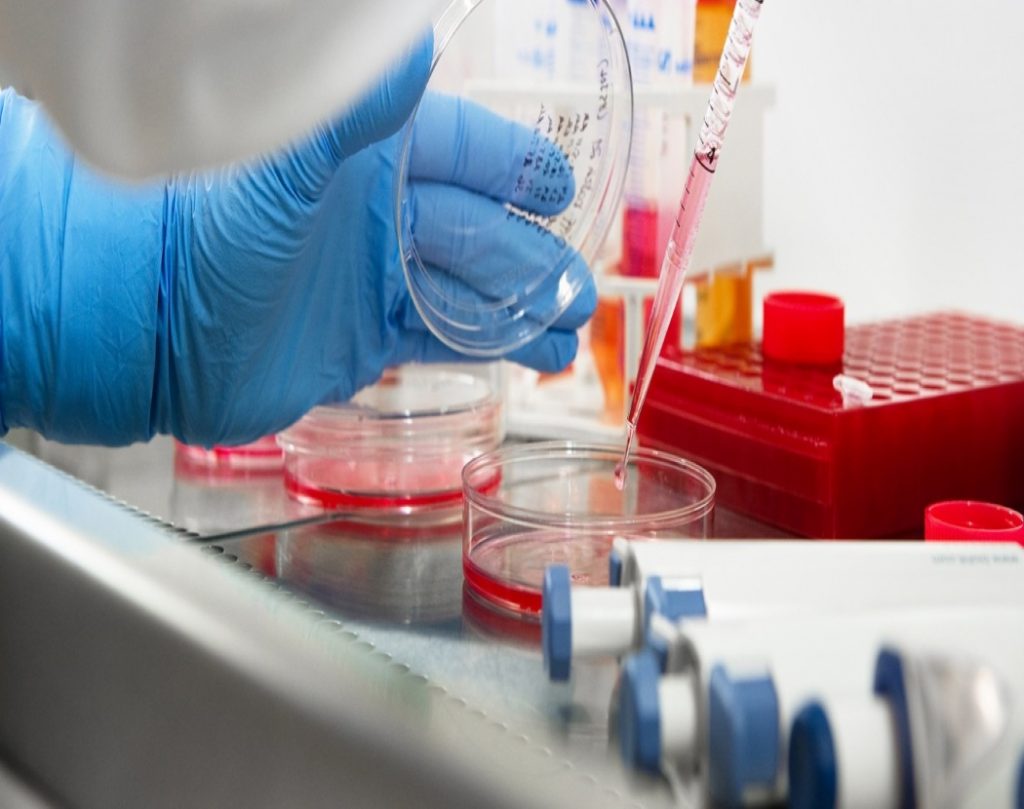
The neurobiological pathophysiology of schizophrenia differs significantly between males and females, according to a new study. The findings suggest a possible need for more sex-specific treatments for schizophrenia. The study was the first to identify a number of sex-specific genes related to schizophrenia using neurons derived from induced pluripotent stem cells. The results were published in Nature Communications.
2.9.2019 HEALTH AND WELL-BEING
